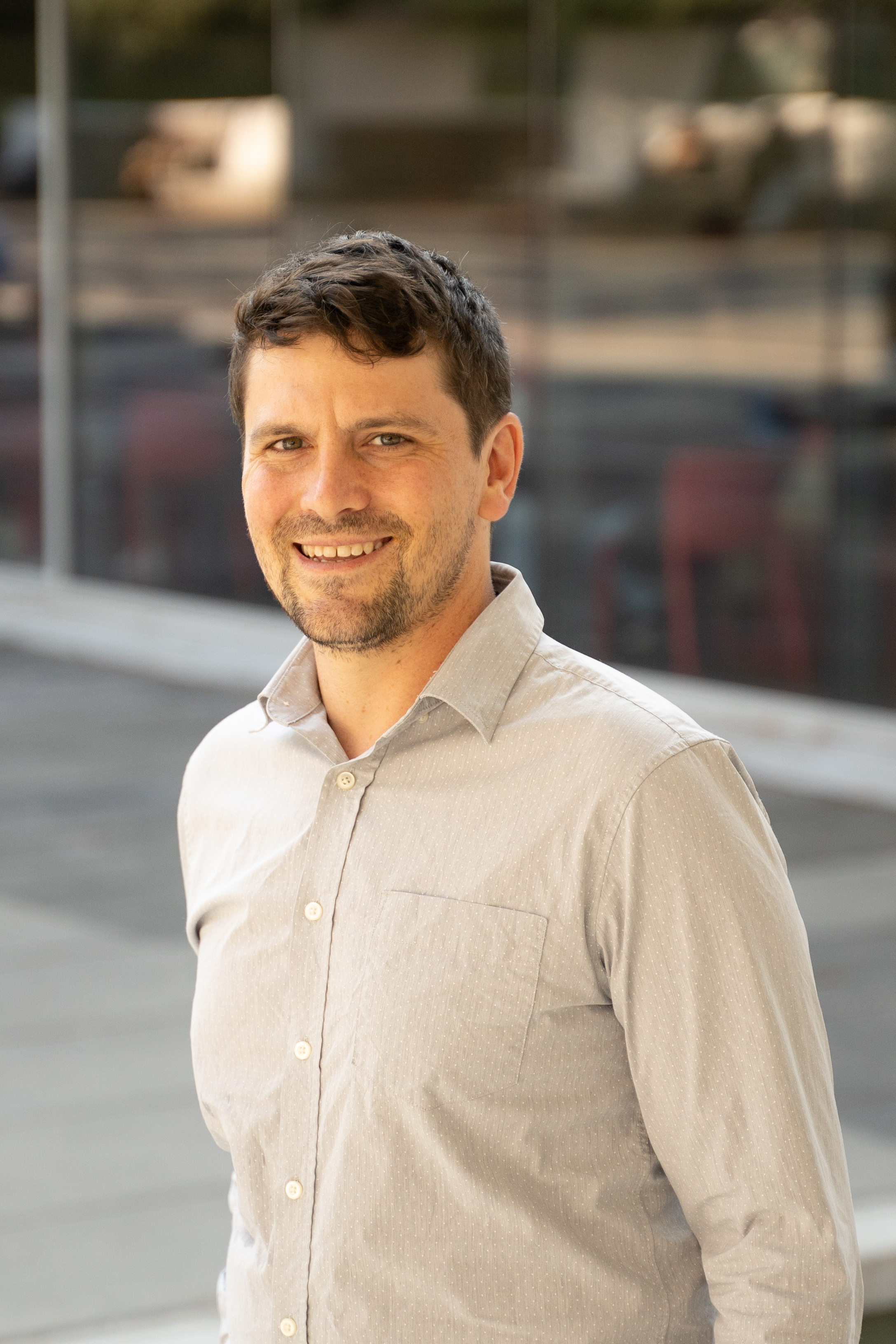Political Science

Dr. Lambek is a political theorist whose research focuses on modern and contemporary political thought. His work explores rhetoric’s ability to alter interpretive horizons and expand reflective judgment in political life. Prior to joining the faculty at UFV, Dr. Lambek taught at Vanderbilt University and completed a postdoctoral fellowship at the University of British Columbia. He received his PhD in 2020 from the University of Toronto’s Department of Political Science.
Ph.D., University of Toronto, 2020
M.A., University of Chicago, 2011
B.A., McGill University, 2009
I teach courses in both the history of political thought and contemporary political theory.
My research is in contemporary and modern political thought. More specifically, I am interested in rhetorical theory, democratic theory, critical theory, hermeneutic philosophy, theories of judgment, and the philosophy of Friedrich Nietzsche.
My book project, tentatively titled, "Receiving Rhetoric: Language and Democratic Politics", considers the place of rhetoric within democratic theory. I highlight the central role of reception, arguing that the way audiences receive rhetoric shapes the political and world-transformative consequences of rhetorical acts. I think the study of reception helps to explain how rhetoric does political work, enabling normative and critical insights into the role of rhetoric in the public sphere. This project explores both how rhetoric passively shapes discursive horizons and also how it might spur active moments of acknowledgment, critical reflection, and political action. In particular, I consider the promise of what I call “dissonant” rhetoric – rhetoric which is unresolved, affectively turbulent, and aesthetically attuned.
Lambek, Simon. “The Constitutive Power of Public Debate.” Canadian Journal of Political Science. 57, no. 1 (2024).
Lambek, Simon. "Comedy as dissonant rhetoric." Philosophy & Social Criticism. 49, no. 9 (2023): 1107-1127.
Lambek, Simon. “Nietzsche’s Rhetoric: Dissonance and Reception.” Epoché: A Journal for the History of Philosophy. 25, no. 1 (2020): 57-80.